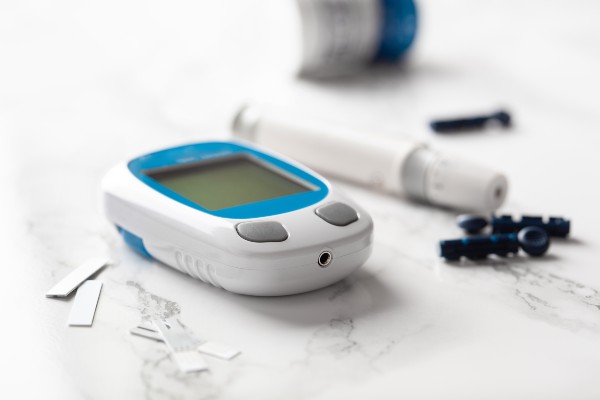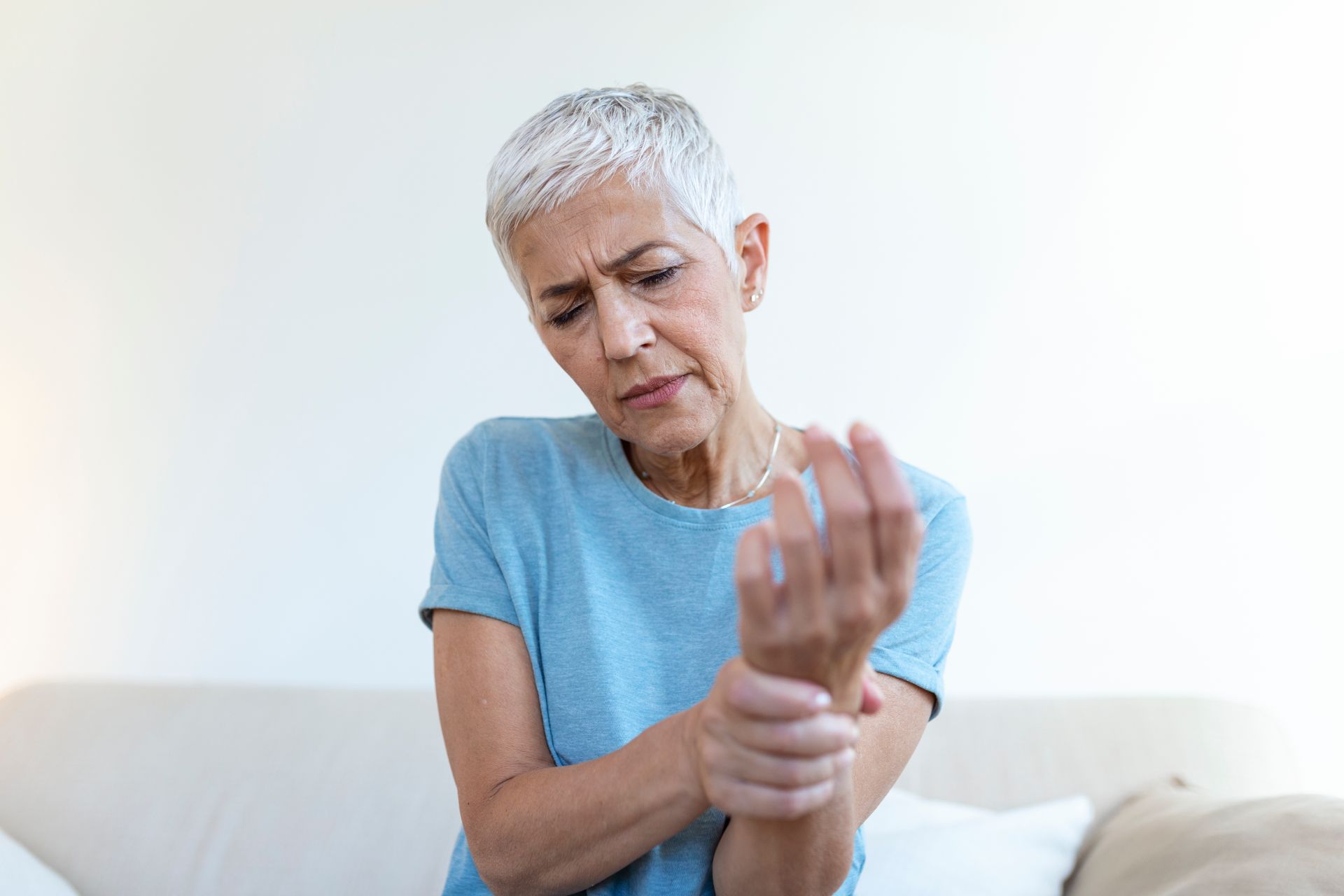If you have diabetes and are interested in participating in a medical trial, there are some steps you should take before enrolling. Medical trials are research studies that test new treatments or interventions for a specific condition or disease. They can offer benefits such as access to new therapies, close monitoring by health professionals, and contributing to scientific knowledge. However, they also involve some risks and uncertainties, such as possible side effects, unknown outcomes, or time and travel commitments. Therefore, it is important to prepare yourself well before attending a diabetes medical trial.
Here are some tips on how to prepare before attending a diabetes medical trial:
- Learn as much as you can about the trial. You should read the informed consent document carefully and ask questions to the trial staff or your doctor. Some questions you may want to ask are: What is the purpose of the trial? What are the potential benefits and risks? What are the eligibility criteria? What are the procedures and tests involved? How long will the trial last? How will my data be protected?
- Discuss the trial with your doctor. Your doctor can help you decide whether the trial is suitable for you and whether it will interfere with your current treatment plan. You should also inform your doctor if you decide to enroll in the trial and keep them updated on your progress and any changes in your health.
- Consider the practical aspects of the trial. You should think about how the trial will affect your daily life and whether you can commit to it. For example, you may need to travel to the trial site, follow a specific diet or exercise regimen, or keep a diary of your symptoms and blood sugar levels. You should also consider the costs of participating in the trial, such as transportation, parking, or childcare expenses. Some trials may reimburse you for these costs or provide other incentives, but others may not.
- Seek support from your family and friends. Participating in a medical trial can be stressful and challenging, so it is important to have a strong support network. You should talk to your family and friends about your decision and how they can help you. For example, they may offer emotional support, accompany you to the trial visits, or remind you to take your medications or follow the trial instructions.












0 Comments